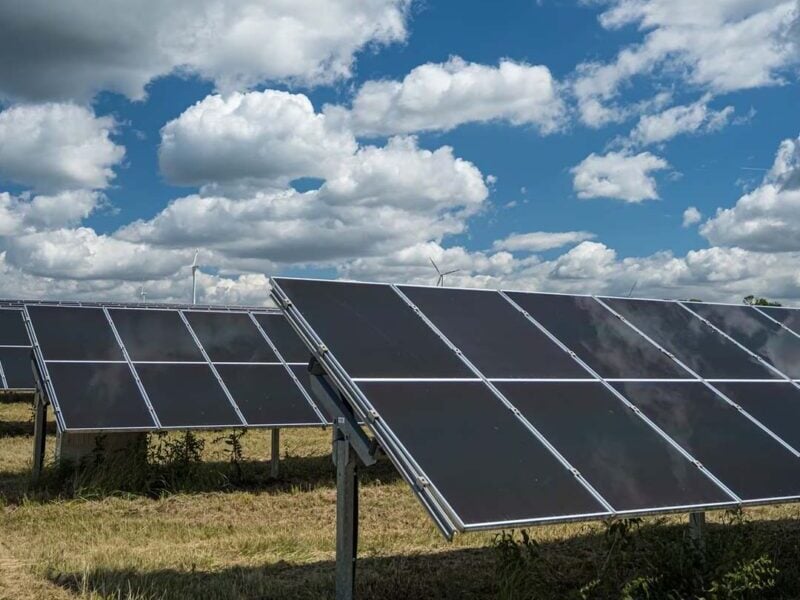
Indian renewable power developer Juniper Green Energy has commissioned a 100MW solar project in Rajasthan, India, which will supply electricity to the neighbouring country of Bhutan.
The project, which is also Juniper’s first merchant plant, will help diversify the Bhutan energy mix, which has been historically dominated by domestic hydropower production and energy imports from India. According to the Observatory of Economic Complexity (OEC), India was solely responsible for Bhutan’s energy imports in 2023, the last year for which data was available, exporting US$6.45 million of electricity to Bhutan.
Unlock unlimited access for 12 whole months of distinctive global analysis
Photovoltaics International is now included.
- Regular insight and analysis of the industry’s biggest developments
- In-depth interviews with the industry’s leading figures
- Unlimited digital access to the PV Tech Power journal catalogue
- Unlimited digital access to the Photovoltaics International journal catalogue
- Access to more than 1,000 technical papers
- Discounts on Solar Media’s portfolio of events, in-person and virtual
“This step for Juniper Green Energy shows our dedication to regional energy cooperation,” said Juniper CEO Naresh Mansukhani. “Our first cross-border energy trade marks an important achievement in energy integration. This initiative facilitates regional energy security by providing power to key sectors.”
Foreign collaboration has been an important part of the Bhutan energy mix, with the European Investment Bank (EIB) offering its first loan to Bhutan last year, to support the construction of new solar and hydropower plants in the country.
However, Bhutan has sought to improve its energy security in recent years, and remains a net exporter of electricity. In 2023, Bhutan solar US$7.96 million of power to India, and the government has sought to further domestic energy production through a partnership between utility Druk Holding and Indian energy company Tata Power, which aims to develop 5GW of new renewable energy capacity in Bhutan.
While hydropower will meet some of this capacity, Tata Power has announced that solar and geothermal power will feature in the new programme, as Bhutan looks to increase its domestic energy generation capacity to 25GW by 2040.
Projects such as these follow the start of construction at Bhutan’s first utility-scale solar facility, the 17.4MW Sephu solar farm, in 2023.







